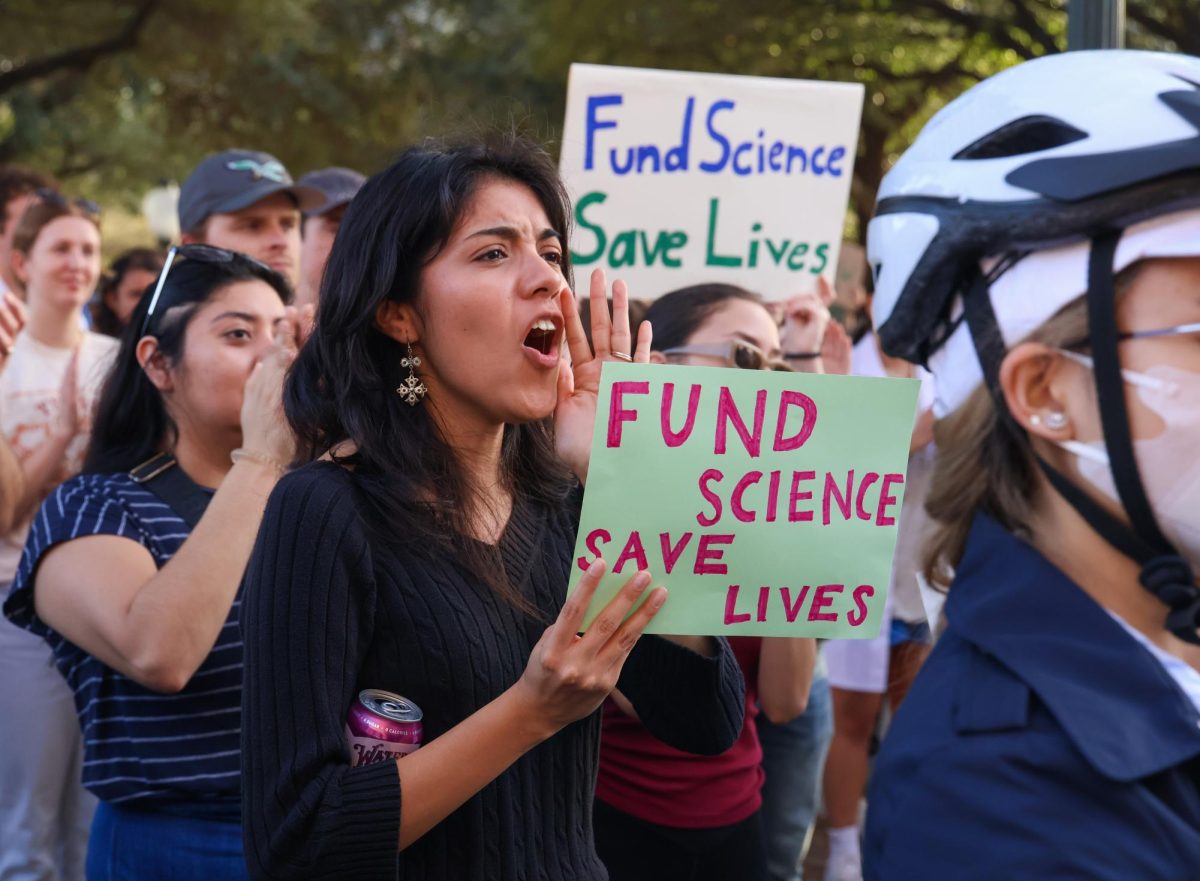The Austin City Council will hear more than 130 agenda items today during its first regular meeting after a month-long summer break.
In addition to routine business, the council will vote on several resolutions sponsored by individual council members. These resolutions include extending safety requirements for construction workers, reconsidering the time line for expanding on-street parking meter hours downtown and potentially delaying construction on Water Treatment Plant No. 4 that is already underway.
A passing vote on the water treatment plant proposal would give the Council time to collect information about the financial impact of a possible delay in the project’s completion. The city has already spent $123 million on the project, which will cost a total of $508 million.
“This resolution doesn’t change direction or postpone anything, but it gives the council time to decide if they want to change direction,” said Heidi Gerbracht, policy director for council member Bill Spelman, the main sponsor of the resolution. “This is sort of a placeholder for us to hold off.”
In the budget released Wednesday by City Manager Marc Ott, the city faces a $9.8 million budget shortfall for 2012.
Mayor Pro Tem Sheryl Cole said she has concerns about financial penalties if the city fails to meet requirements associated with the city’s debts.
“My primary concern is the impact on the city’s debt. We face the potential of increasing our interest if we break a deal,” Cole said. “It is a big deal to go back on [a deal] as a city because we borrow so much money.”
Another resolution would delay the planned start date for expansion of downtown parking hours until 2012.
“The idea of extending the parking hours came from city staff as a solution to our downtown parking problem,” said Matt Curtis, spokesman for Mayor Lee Leffingwell. “This is a solution to cars that may pull up early in the evening and stay in one spot to the next day because they have no incentive to move. They have a free spot.”
Curtis said extending the hours would generate revenue that will be used for improving the downtown area and will encourage alternative transportation.
Another resolution on the agenda for today’s meeting would expand safety training requirements for construction workers on city property. Currently third-party contractors are not required to do the 10-hour safety training city contractors are required to take.
“We would like to see as many workers [as possible] in the city given the basic safety training that they need to keep them safe on the job,” said Emily Timm, a policy analyst for The Worker’s Defense Project, a workers’ rights group.




















